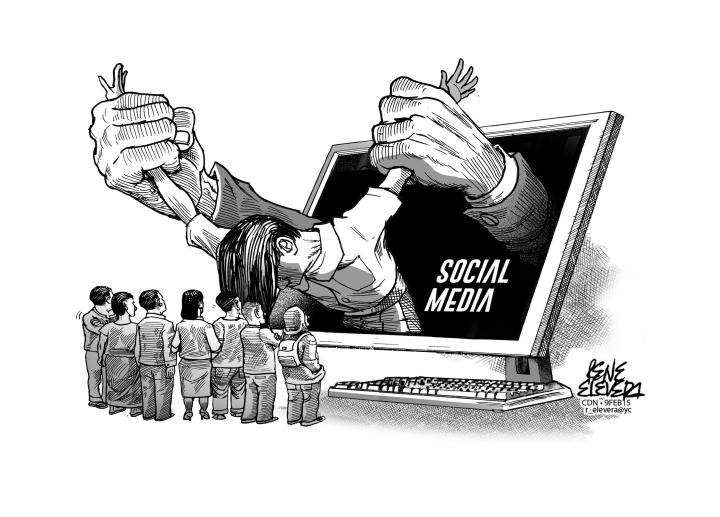Video footage taken by a foreigner was uploaded on YouTube supposedly showing two members of the Traffic Enforcement Agency of Mandaue (TEAM) extorting P1,500 cash from him for a traffic violation in January.
This was another powerful example of citizen media at work. Although several details were left out and the authenticity of the video still has to be fully checked out, the damage has been done. The doubts raised over the conduct of the Mandaue traffic enforcers were considerable.
The two TEAM members are grounded and under investigation, though as TEAM chief Edwin Ermac rightfully pointed out, it’s best for the motorist to come out in the open so a case can be filed.
There’s a less than slim chance the male foreigner will do that. He was in town for the Sinulog and was just passing through.
The video, taken on the sly, doesn’t show the money actually accepted from the foreigner’s girlfriend, who stayed behind with the couple’s motorcycle while the foreigner rode with the other TEAM enforcer.
It’s always tricky to catch a payoff. Especially when both sides appear to have cooperated.
But candid images like this deliver a clear message: Misdeeds, abuses and other under-the-table conduct of law enforcers, are noticed and can easily be recorded. Not just recorded, they can go viral and have a wide online community focus shame on the public office involved.
We should welcome revelations like these if they’re the only way to keep men and women, who have sworn to uphold the law, honest.
The popular streaming video site YouTube marked its 10th year recently. Other copycat sites with superior streaming videos have been created, but YouTube remains the repository of videos taken by Netizens who can easily spread them through other online media like Facebook and Twitter.
Along with the power of instant universal reach comes the need for users to adopt self-regulation and think twice before pressing the upload key.
Award-winning broadcast journalist Cheche Lazaro made this clear in a recent forum with students of the University of San Jose-Recoletos in Cebu. She cited cruel, online conduct like cyberbullying as the extreme result of video exposés like the 2012 “Amalayer” episode of student Paula Jamie Salvosa, whose scolding of a security guard in Manila got her hate mail and expulsion from school.
Well, today Salvosa, a private citizen, is working full-time in a Christian ministry. She was humbled by what she went through. She learned her lesson.
How about the two Mandaue traffic enforcers?
Will any positive change come out of their exposure?
